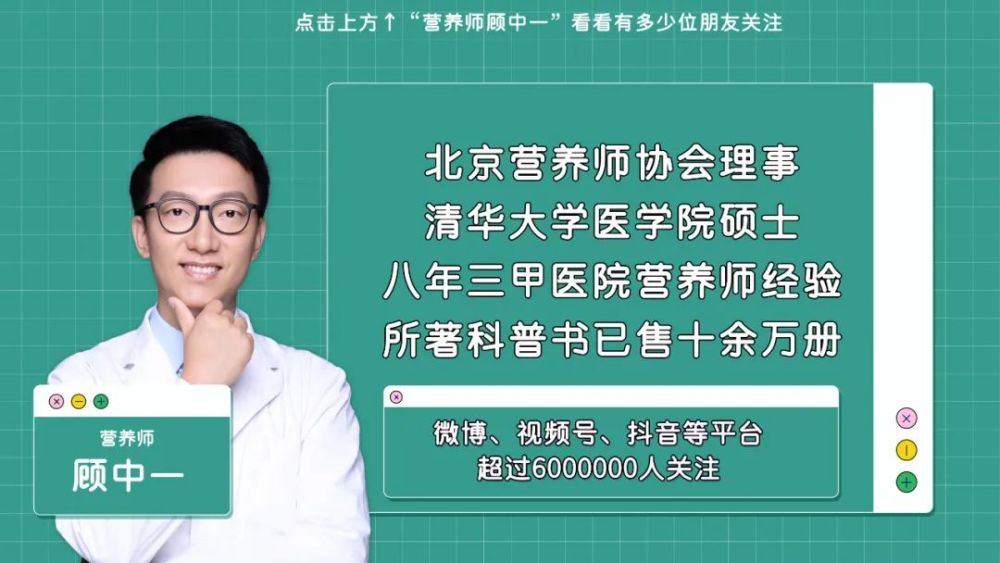
This article is about 1400 words and takes about 4 minutes to read
Thyroid nodules can be divided into many categories depending on the cause, and the treatment is also different. Dietary modification may have some benefit, but there is no high-quality evidence and is not an important intervention in routine thyroid nodule diagnosis and treatment.
Therefore, it is recommended to consult a specialist, take appropriate treatment in order to clarify the nature of the nodule, and properly consider dietary adjustment.
I hope the following content is helpful to you.
What is a thyroid nodule?
Nowadays, there are really a lot of people with thyroid nodules, take our family, more than half of the people have thyroid nodules, which is largely related to the progress of the current detection methods.
Thyroid nodules are clumps of one or more tissue structure abnormalities in the thyroid gland for various reasons. Thyroid nodules can occur single-onset or multiple, with multiple nodules having a higher incidence than single-haired nodules, but the incidence of single-haired nodule thyroid cancer is higher.
Epidemiological surveys have shown that the detection rate by palpation in the general population is 3% to 7%, and the detection rate with high-resolution ultrasound is as high as 20% to 76%, which is more common in female and elderly populations.
The vast majority are benign nodules, of which malignant only accounts for about 5%.
Therefore, if a thyroid nodule is suspected (or has already been diagnosed), it should be further determined what is causing the thyroid nodule and consult a specialist –
1) What is the nature of nodules?
2) Is there a risk of cancer?
3) What treatment should be taken?
4) Risks and benefits of various treatments
Dietary conditioning of thyroid nodules
| Iodine
Can I still eat iodized salt with thyroid nodules?
In general, it is necessary to see whether there is a combination of hyperthyroidism or hypothyroidism and other lesions (don't forget to draw blood to check the function of the thyroid gland to see which state it is), if not, you can generally eat iodized salt, but pay attention to the condition, and strictly limit the total amount of iodized salt intake, and do not eat those foods that are extremely rich in iodine for a long time.
Simply put, if hyperthyroidism is combined, iodine should be avoided and no iodized salt should be eaten. Do not eat iodine-rich seafood such as kelp, seaweed, shrimp shells, etc.
If there is no hyperthyroidism, but there are thyroid nodules and hypothyroidism, iodine is best to limit, limit kelp, seaweed and other high-iodine foods can be, generally recommended that you can still use iodized salt, but must eat less.
Thyroid nodules with Hashimoto thyroiditis also do not require eating uniodized salt, but eat less foods with very high iodine content.
Some people are so impressed by "big neck disease" that they mistakenly think that iodine supplementation should also be given if there are nodules, but under the iodized salt policy, this situation is relatively rare, and it is generally not necessary to deliberately eat high-iodine foods.
| cruciferous vegetables
Cruciferous vegetables such as cauliflower, cabbage, radish, broccoli and other plants have a class of antioxidants - thiosides, under certain conditions, thiosides will be hydrolyzed to form isothiocyanates. Thiocyanate, on the other hand, is a goiter-causing mass that competes to inhibit the activity of iodine-sodium transporters (NIS), thereby inhibiting thyroid iodine absorption, resulting in a decrease in thyroxine (T4) concentrations.
Over time, it will cause thyroid hormone production in the human body, resulting in an enlarged thyroid gland. This effect of promoting goiter is more severe in the case of iodine deficiency.
Therefore, in the case of thyroid nodules, it should be avoided to eat more than one kilogram of such vegetables raw at a time, especially in the case of insufficient iodine intake (no consumption of iodized salt, or no seafood such as kelp, seaweed, wakame and other seafood in the diet) and smoking.
Cruciferous foods:
1, brassica cabbage, cauliflower (cauliflower), green cauliflower (broccoli), Chinese cabbage, cabbage, green cabbage, rapeseed, various kale, watercress (watercress), mustard greens, squeezed vegetables, sherry red, kohlrabi, turnips, etc.
2, radish of the radish genus, large green radish, carrot, water radish, heart beauty, etc.
3, some people's favorite wild vegetables, such as cabbage, Zhuge cabbage, broken rice, solitary vegetables, arugula and so on.
4. Mustard (the seed of mustard), horseradish, etc. that are seasonings.
| iodine content of food
1. The foods with the highest iodine content are seafood, such as kelp, seaweed, fresh sea fish, dried cockles, dried clams, dried scallops, mussels, sea cucumbers, jellyfish, lobsters, etc. (kelp has the highest iodine content, followed by marine shellfish and fresh marine fish).
2, land food is the egg, milk with the highest iodine content, followed by meat, note that freshwater fish Iodine content is lower than meat.
3, plants have the lowest iodine content, especially fruits and vegetables.
Edit: Million
Click Follow, reply to any keyword to get search links
Search for nutritional topics that interest you.~
See it all here, like/watch/share it